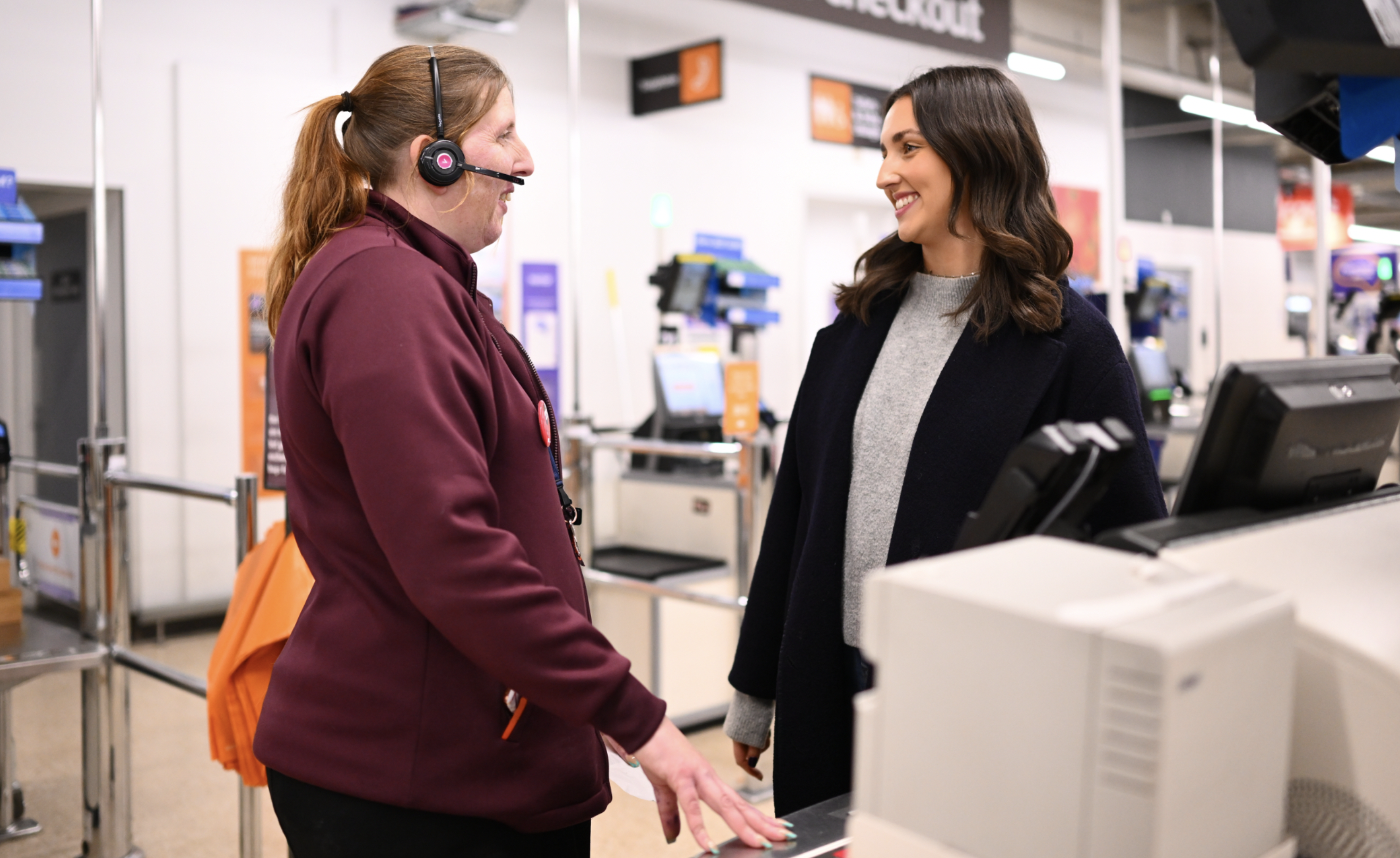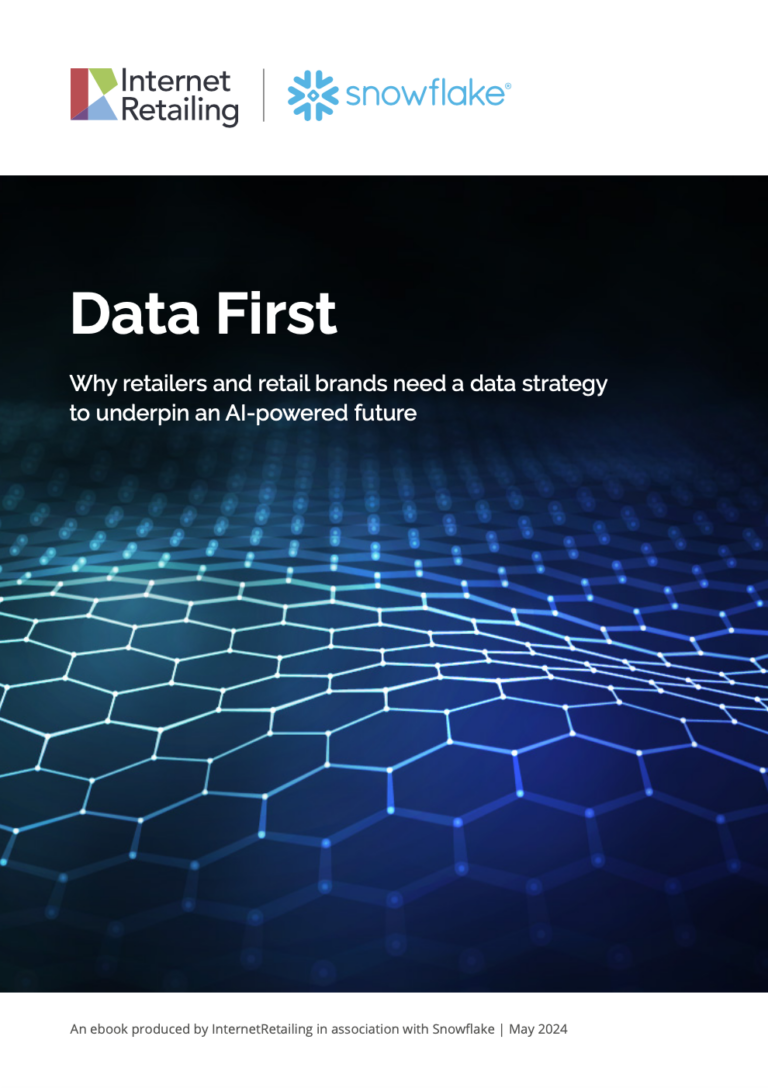Within three years, two-thirds of online retail will take place via smartphones, with £43bn a year spent over the mobile devices, new research suggests. It suggests that UK retailers are behind in moving to put mobile first, and that before long the emphasis may well be on mobile only.
The Mobile Mandate report, from OC&C Strategy Consultants, Google and PayPal, argues that by 2020 80% of all online retail will involve a smartphone at some stage. Nonetheless, it says, UK retailers are behind their international competitors in the US and in Asia in being prepared for this shift.
Currently, says the report, £13.5bn is spent via mobile. The report is based on an exclusive dataset of search and transaction data from Google and PayPal UK, with analysis by and additional research from OC&C. Consumer research, undertaken as part of the report, found speed was the most important factor when shopping online, but on average, leading UK retailer sites are between 10% and 25% slower to load on smartphone than their US counterparts. Google research shows that improving load times by one second can increase conversion rates by 27%.
The consumer research found that half of Britons (48%) would prefer customer support via mobile chat, but only 16% of the top 100 UK retailers offered this service. More than twice as many of the top 100 US retailers do so (41%).
More people use messaging apps each month (3bn+ active users) than social networking sites (2.5bn active users), but few top UK retailers have a presence on a messaging platform. Meanwhile, in China, about 250m consumers bought via WeChat in 2016.
Alex Mathers, associate partner at OC&C Strategy Consultants, said: “Smartphone shopping is taking over online retail, bringing with it fundamental changes in how, when and where people shop. Brits are shopping more whilst out and about, they’re using mobile to research and compare prices for later purchases, and they’re spending more on mobile while in-store – very often with other retailers. There’s money to be made by tapping into these changing behaviours, but on the flip side, retailers that fail to adapt will find themselves haemorrhaging customers. Right now, the average UK retailer’s strategy should be mobile first – in a few years, it may well be mobile only.”
The report argues that the move to mobile commerce comes as shoppers radically change their buying habits, spending about £1.5bn over mobile phones in 2016 whilst out and about – travelling, commuting and in cafes. A further £1.25bn was spent, it says, while in store – around £500m of that total with a different retailer. More than one third (39%) of consumers trust information they find online more than store assistants.
Mathers says that high impact steps, such as developing a presence on messaging platforms, and using mobile to connect online and wi-fi connected stores, are key. “Finally, and most importantly, make speed king,” he said. “Improve load times, but also help consumers complete their mission as quickly as possible – streamline the journey, and help users work cross-device via things like basket sharing, wish-lists and sharing recently viewed items across devices.”
Rob Harper, mobile commerce director at PayPal UK , said: “Speed is an important factor in any shopping experience, but when it comes to mobile shopping it’s vital. Retailers can reduce the time it takes to browse and select a purchase but if it takes too long to pay, they may lose that sale.”
Martijn Bertisen, sales director at Google UK , said: “Mobile technology continues to be one of the key drivers in transforming the retail industry and consumer shopping experience. Consumers are increasingly relying on their smartphones for information around shopping and locations in moments that matter: the ‘I want to know…’, ‘I want to go…’ or ‘I want to buy…’ moments. With a plethora of searches, each showing an intent or a behaviour, there is a great opportunity for retailers to offer useful products and information, just when shoppers are looking for it. As consumers become accustomed to this way of shopping, retailers need to respond by providing a swift and seamless online service – and the best way to do this is by putting mobile at the heart of their marketing, loyalty and e-commerce strategy.”
Looking to the future, Harper said mobile shopping was set to change still further. “The next evolution of mobile shopping will reduce the consumer journey even further,” he said. “Contextual commerce will enable consumers to buy things at the point of discovery – whether that’s in an email, on a Pinterest page or in a messenger app – rather than needing to click through to an online shop. Mobile technology is determining the future of e-commerce, and retailers need to act now to prepare themselves accordingly.”









